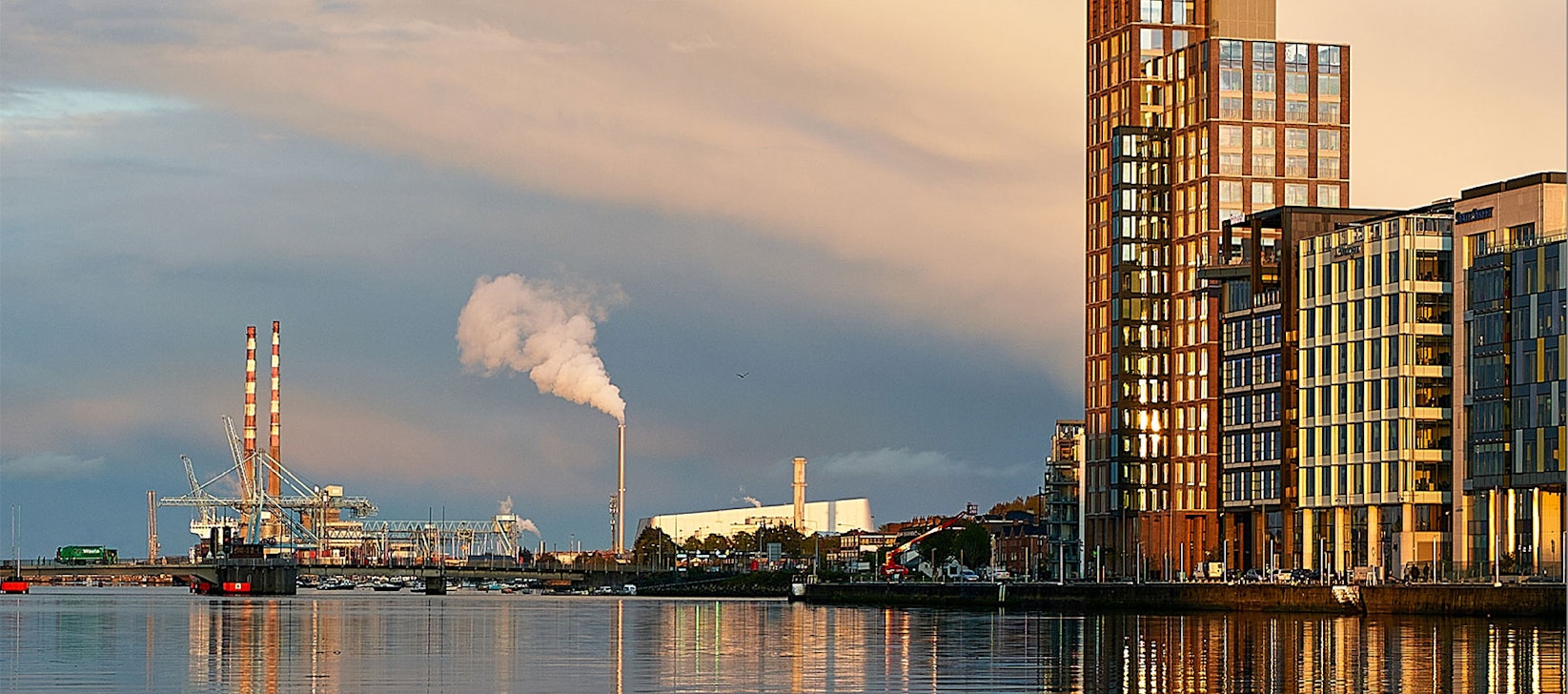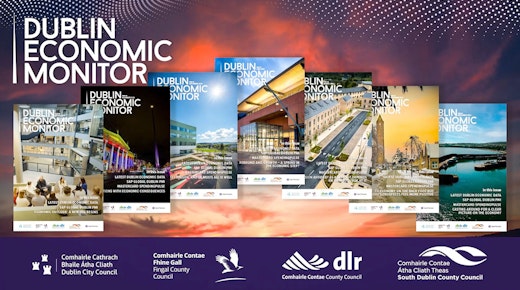Foreign direct investment (FDI) has a range of names in Ireland such as IDA- supported industry, overseas industry, multinationals and foreign industry. These do not mean exactly the same but are generally used interchangeably. The focus here is on IDA-type foreign industry (both manufacturing and international services).
These are projects which choose Ireland as a production base for mainly export activities or as global and regional headquarters. Such projects are attracted to Ireland by various locational advantages and characteristics and by the work of IDA Ireland. Other FDI projects operate here to serve the local market e.g. ALDI or Tesco.
Under-appreciated Economic Contribution
While there is reasonable public awareness that this section of FDI (IDA-type projects) generates a very substantial economic contribution, the full scale of its enormous or dominant impact, which is briefly outlined below, is under-appreciated.
The issue is not whether FDI will continue to come in the future but will it continue, in both new projects and development of existing projects, at the very high level required to maintain the size of its current contribution? This is by no means certain in the changed and changing national and international economic and business environment. We will have to be at the very top of our attractiveness.
Exports are a critical element of Ireland’s overall growth performance. In 2021, development agency* enterprises had total exports of €345.8 billion; the multinational/foreign sector provided €318.5 billion or 92.1%, with the Irish/indigenous sector accounting for the remaining €27.3 billion or 7.9%.
The export performance is hence dominated by multinationals. This overstates the real contribution of the multinationals because of various measurement and interpretation issues, such as the selling value of exports which may be distorted by accounting practices and the lower domestic content of exports through repatriated profits, imported materials and services. However, the concept of direct expenditure in the Irish economy (which measures wages and salaries and Irish–sourced goods and services inputs) allows us to correct for some of these measurement issues. The Irish direct expenditure in multinational exports was €32.17 billion and the equivalent in indigenous exports was €27.3 billion in Of the net foreign exchange earnings from overall export performance, indigenous enterprises account for 33% and multinationals account for 67%, further underlining the latter’s dominance.
In the modern industrial sector – comprised of chemicals, pharmaceuticals, information technology and other engineering – multinationals supply 98% of exports.
FDI-Supported Employment
While multinationals directly account for 12% of total Irish employment, their 316,000 jobs (2022 figures) account for a much larger share (61%) in the strategically important industrial and international services sectors. The multinational share of industrial employment is 50% and the international services share is 72%. In chemicals, the multinational share of employment is over 90%.
Multinational jobs are highly paid. In 2021, the average annual payroll cost per person in IDA Ireland- supported industry and international services was €83,000 compared to €54,000 in Irish-owned enterprises in the same sectors. For the economy as a whole, the average payroll cost per employee was €49,000. The multinational sector hence paid 69% more than the average economy-wide earnings level.
Rising competition for mobile investment
The Irish economy’s modern sector production, employment and export presence is very much due to FDI. This is because we, and IDA Ireland, have been very successful in attracting large flows of FDI and large numbers of the top global companies.
Can we continue that high level of success? Can we continue to be highly competitive in attracting FDI? Can we continue to generate substantial additional economic activity and investment from FDI companies which are already located here? The competition for mobile investment projects continues to increase. The attractiveness of our tax package in the future is uncertain. Globalisation will be reversed somewhat because of geopolitical tensions with an increased emphasis on on-shoring and near-shoring in supply chains for certain products. In that context, we will have to work very hard to maintain and enhance our attractiveness for FDI. We can say with confidence that we cannot take for granted that our very high level of success will continue.
Attractiveness Challenges
The national economy and Dublin have many attractiveness problems. Housing is expensive and in short supply, physical infrastructure has capacity problems, electricity supply is problematic and public transport is inadequate. We have yet to come to terms adequately with environmental issues. One comfort is that there are few cities in Europe which do not share some of the litany of negatives. The housing issue is less of a problem for employees of the more recent FDI arrivals because their income levels are well above the average. The issue will have its main impact indirectly in that many lower paid activities which contribute to the quality of life will be unable to attract staff. Nonetheless, the 2022 EY Attractiveness Survey on FDI reported that housing affordability was an issue while 67% cited the Irish education system as the top attractiveness factor.
We need to continue to be excellent at attracting FDI, “good” is not enough.





